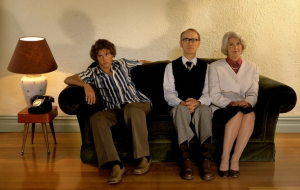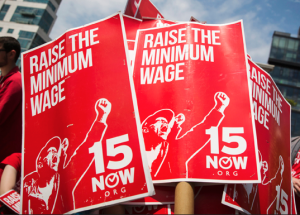
Young Adults Waiting To Get Married
The phenomenon, statistically changing the 130-year trend, is as result primarily of young people who delay marriage until into their 30s, the Pew study concluded. In 2014, the percentage of young adults living in their parent’s home was 32.1. It is the largest percentage since 1940, when some 40 percent were living at home.
Young Adults With Less Education
Choosing a spouse or living partner is the most likely condition to prompt living with a parent when the young couple is not prepared financially to be independent. Status of education is also an important factor. Young people with less education may be more likely to remain at home, the study found. The statistical breakdown showed that in 2014, 19 percent of young adults with a bachelor’s degree were living at home; 36 percent of those who had some college but not a degree; and 40 percent of those who had failed to complete high school.
Since 1980, the level of education has been more telling, with college education being a definite benefit in the job market and more of those without a high school diploma dropping into less well-paying jobs.
The trend not to marry as early has had a definite effect, a Gallup Poll shows. In a survey, 60 percent of Millennials said they had never married, compared with 16 percent of Generation Xers and 10 percent of Baby Boomers. The increasing trend for women to succeed in the job market, while more males are floundering is one of the reasons, experts say. The Great Recession had a greater impact for men than for women.
Attitudes also have been in play. Marriage formerly was considered a step to help young couples to reach employment and financial goals. Now, marriage is seen to be the final step to reaching such goals, the researchers report. They delay commitment to marriage until they feel their education and career goals are stable.
The rising costs of education, with a larger percentage of young adults saddled with overwhelming education debt, also enters into the equation. Expectations for “living high” in marriage, which most of their parents did not harbor, have an effect on marriage decisions as well.
Unemployment
Relatively high unemployment rates over the past decade also have been a factor. The number of young men who are unemployed and living at home far outstrips the number who are employed and living independently.
The effect on the parental household of having young adults still in residence is the flip side of the new trends, with some parents delaying retirement and other decisions to accommodate the extra persons they are helping to support.



